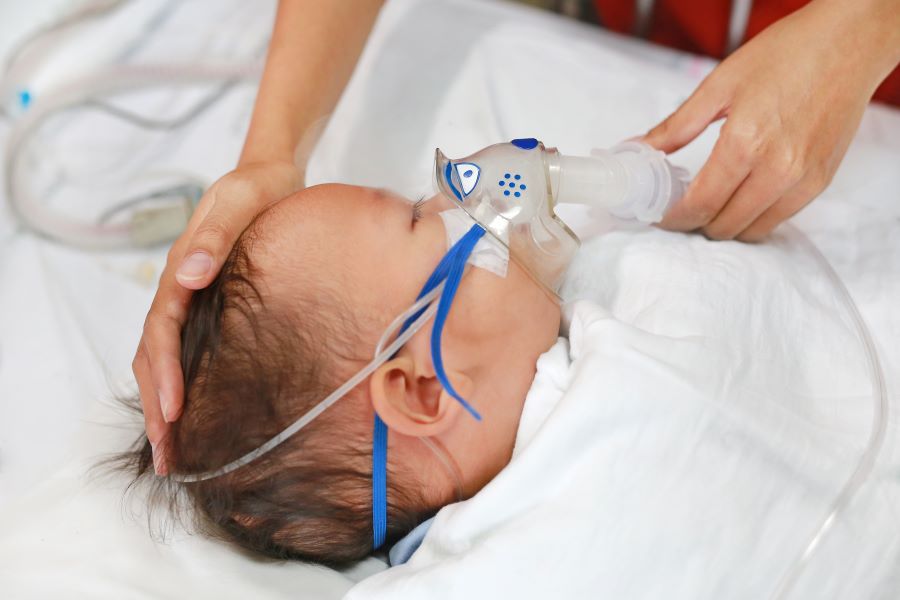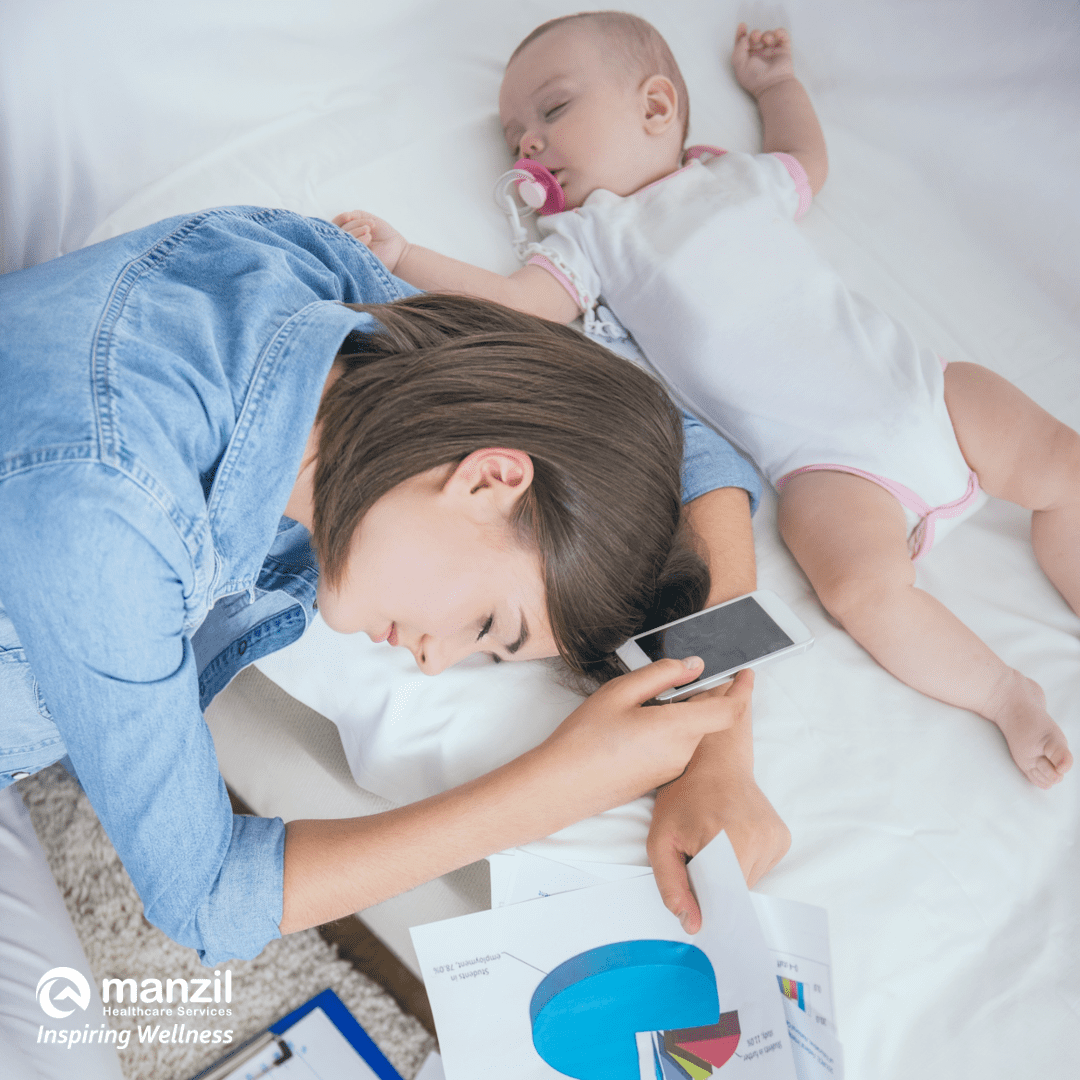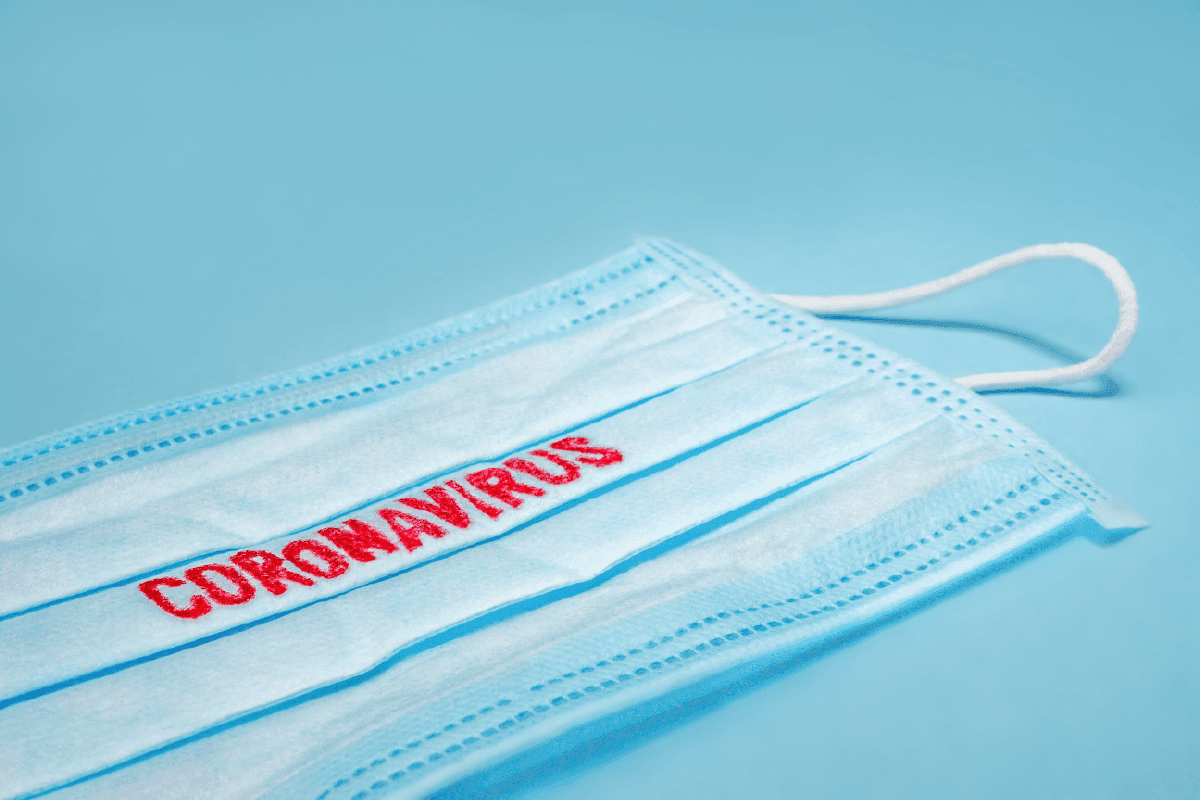What is Infant Pneumonia?


Your baby’s cough isn’t getting any better. In fact, it sounds worse — wetter and full of gunk — especially at night. You begin to question, is it pneumonia?
Pneumonia is an infection inside the lungs. Babies with pneumonia have difficulty breathing because their lungs contain small, infected sacs of pus and fluid.
Pneumonia is usually caused by either a virus or bacteria. It commonly occurs after a cold or respiratory infection. Babies with bacterial pneumonia often become sick fairly quickly, with a high fever and rapid breathing. Babies with viral pneumonia become ill more gradually and generally have less severe symptoms.
Common signs and symptoms of pneumonia include fever, cough, nasal congestion, rapid breathing, vomiting, decreased activity, poor feeding (which can lead to dehydration), and wheezing (which sometimes can simply mean a chest cold). Newborns with pneumonia are sometimes more irritable and don’t feed as well. They do not cough as much as infants one month or older. Older infants will have a persistent cough and more congestion. Toddlers and older children can also complain of abdominal pain and loss of appetite.
If your baby has these symptoms, call your doctor to have your child examined right away. Your baby’s pediatrician can diagnose pneumonia during the exam, but additional tests, like a chest x-ray or blood tests may be ordered. Infants up to three months old require immediate attention, particularly with a high fever, and will typically be hospitalized.
The type of treatment recommended for your infant depends on the type of pneumonia he or she has. Most infants with bacterial pneumonia are given oral antibiotics. It is important to use the full course of this medicine and to give it to your baby as scheduled. Antibiotics do not work on viral pneumonia, so treatment usually involves lots of fluids and supportive care such as saline nose drops and frequent nose suctioning. Using a cool mist humidifier, especially at night, may also help. In addition, ask your doctor about giving your baby the appropriate dose of acetaminophen or ibuprofen (for infants older than 6 months) to help bring down a fever. It is possible for a child with viral pneumonia to develop a secondary infection with bacteria, so if your child takes a sudden turn for the worse, be sure to call your pediatrician right away.
Is pneumonia contagious? Sometimes. It’s easy to catch the cold or cough that caused the pneumonia, but not every cold or cough turns into it. Some vaccines can also prevent certain types of pneumonia, so talk to your child\’s doctor about keeping your child’s vaccines up to date.
To keep your baby healthy, avoid anyone who has a bad cold or upper respiratory tract infection. Practice good hand-washing techniques on yourself and keep your baby’s hands clean, too. Keep bowls, cups, bottles, and utensils separate and frequently clean common areas, like doorknobs, light switches, phones, and remote controls.
Sources:
- Medscape
- Pediatric Pneumonia.
National Institutes of Health - Pediatric Infectious Diseases Society and Infectious Diseases Society of America.
American Academy of Family Physicians - Community-Acquired Pneumonia in Infants and Children.
National Institutes of Health - Committee on Infectious Diseases. American Academy of Pediatrics
Powered by Bundoo®












































